Western Mass. legislators call for changes in Healey housing bill to meet region’s needs
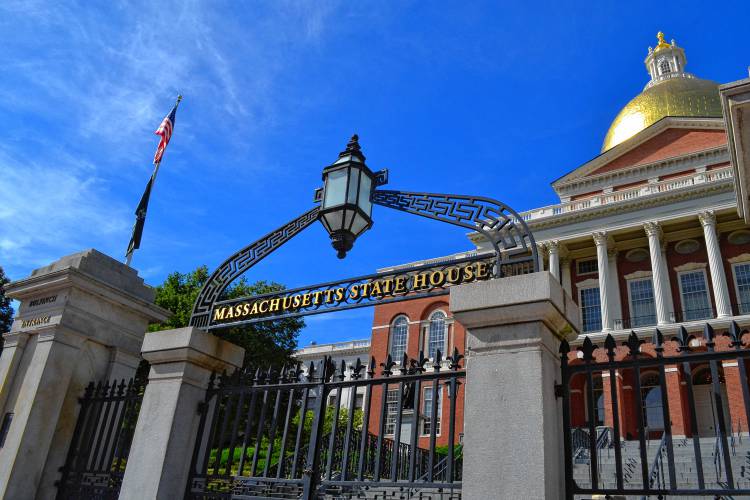
The Massachusetts State House in Boston
| Published: 01-21-2024 5:00 PM |
As the state considers the governor’s proposed $4.13 billion Affordable Homes Act — a comprehensive roadmap for affordable housing across the Commonwealth — a group of 16 western Massachusetts legislators are advocating for amendments to meet housing needs in the western part of the state.
In a bipartisan letter — led by Sen. Jo Comerford, D-Northampton, and Rep. Carlos Gonzalez, D-Springfield — legislators endorsed top priorities of the Western Massachusetts Housing Coalition (WMHC) and the Western Massachusetts Network to End Homelessness, which collectively represent over 150 organizations, affordable housing nonprofits, community development corporations, planning agencies, housing authorities, municipalities and more.
Among the signers of the letter were Rep. Lindsay Sabadosa, D-Northampton; Rep. Aaron Saunders, D-Belchertown; Rep. Daniel Carey, D-Easthampton; and Rep. Mindy Domb, D-Amherst; along with others representing Hampshire, Franklin and Hampden counties.
The letter was delivered to the chairs of the Joint Committee on Housing, which is currently reviewing Gov. Maura Healey’s bill.
“Chairs, both of you have taken the time to travel to western Massachusetts so you already know that our needs, assets and opportunities differ from those in the eastern part of the state,” reads the letter.
“You know about our region’s ability to stretch a dollar to care for those in need. You know that our constituents are scrappy, collaborative and hungry to build affordable housing. You know that we need budget and policy solutions that work for our communities.”
The Affordable Homes Act, in conjunction with recently reauthorized housing tax credits, will allow for the creation of over 40,000 homes, while also preserving, rehabilitating or improving more than 27,000 existing homes.
It is also expected to create nearly 30,000 jobs, generate $25 billion in economic growth, and bring in $800 million in tax revenue, according to the UMass Donahue Institute.
Article continues after...
Yesterday's Most Read Articles
 Work on Pinedale Avenue Bridge connecting Athol and Orange to resume
Work on Pinedale Avenue Bridge connecting Athol and Orange to resume
 PHOTOS: Enchanted Orchard Renaissance Faire at Red Apple Farm
PHOTOS: Enchanted Orchard Renaissance Faire at Red Apple Farm
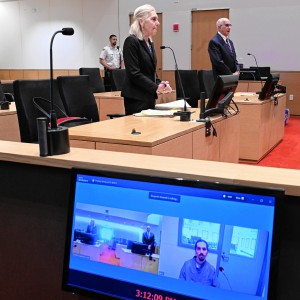 Lawyer argues Joshua Hart’s 2018 conviction for Orange murder had inconsistent verdicts
Lawyer argues Joshua Hart’s 2018 conviction for Orange murder had inconsistent verdicts
 UMass basketball: Minutemen nab another transfer in Arizona State forward Akil Watson
UMass basketball: Minutemen nab another transfer in Arizona State forward Akil Watson
 ‘Arrive Alive’ shows Athol High School students the dangers of impaired driving
‘Arrive Alive’ shows Athol High School students the dangers of impaired driving
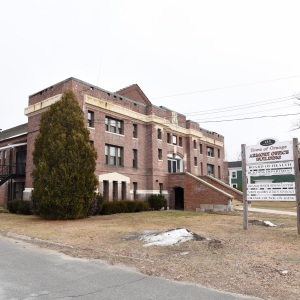 Orange Selectboard declares armory as surplus property
Orange Selectboard declares armory as surplus property
“I am very energized by the Affordable Homes Act,” said Comerford. “I think it is a smart, bold piece of legislation to meet the moment that we’re in, which is one that puts the housing crisis really at the center of every single thing that we’re contemplating on Beacon Hill.”
When Healey filed the bill, Comerford approached local organizations to ask for their insights about what worked in the bill, what could be made better, and what needed changing.
The letter signed by 16 legislators represents the priorities voiced by those organizations, including policy recommendations, tax credit proposals, and capital program recommendations for the housing bill.
“The Housing Bond Bill before you for consideration represents a generational opportunity to address the affordable housing and shelter crisis in the Commonwealth,” reads the letter. “We have had the opportunity to hear directly from housing experts and advocates in our region … who have taken the time to discuss and unite around their priorities for this legislation.”
Priorities center around two key points: increasing housing supply and ensuring that state programs meet regional needs.
“Western Massachusetts has unique housing challenges that require — and deserve — tailored solutions to leverage state investments most effectively,” reads the coalition’s priorities document, which is attached to the letter. “This includes building in a softer market — where rents are lower but construction costs are just as high, compared to other parts of the state — and working in a wide range of contexts, including urban, suburban and rural sites.”
One priority outlined by the coalition has to do with the housing bill’s provision to allow municipalities to levy real estate transfer fees on transactions of more than $1 million — or more than the county median sales price for single-family homes when the median sales price is less than $750,000 — to fund affordable housing development.
“As it is rendered, it will not help western Massachusetts communities because the threshold is too high,” said Comerford. “We need state programs that understand the differentiated needs of rural communities and smaller cities and towns like Northampton and Amherst.”
Signers of the letter also endorse increased funding for public housing, a revision of the funding formula for small and rural housing authorities to allow more efficient use of capital funding, and more flexibility in accepting smaller housing projects.
“In the end, [the bill] should be the best set of tools and funding so that all communities — my job is to make sure that it’s for western Mass. communities — in the Commonwealth have a dedicated set of tools … that can help them unlock the kind of housing that our commonwealth so desperately needs,” said Comerford.
After consideration by the housing committee, the bill will be considered by the Joint Committee on Bonding, Capital Expenditures and State Assets before it moves to the House and Senate floors for a vote.
Maddie Fabian can be reached at mfabian@gazettenet.com.

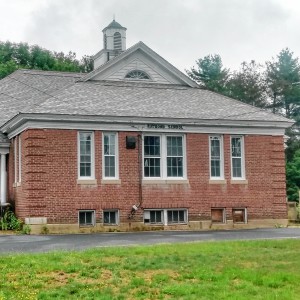 $700K debt exclusion would fund repairs to Raymond Hall
$700K debt exclusion would fund repairs to Raymond Hall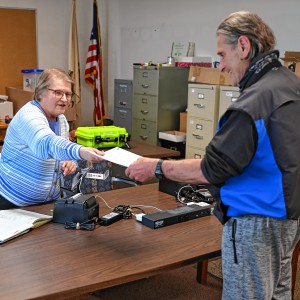 Erving voters say ‘no’ to $3.7M debt exclusion
Erving voters say ‘no’ to $3.7M debt exclusion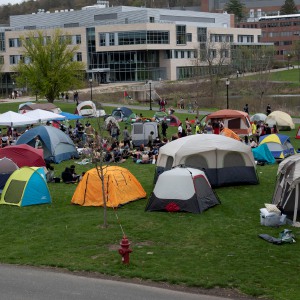 More than 130 arrested at pro-Palestinian protest at UMass
More than 130 arrested at pro-Palestinian protest at UMass